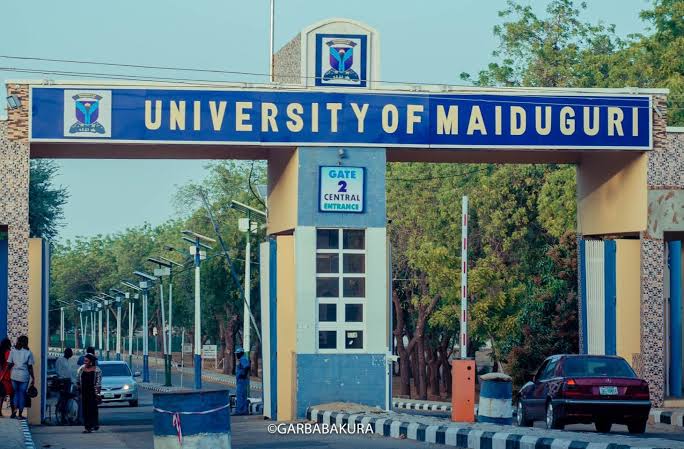Are You Looking For The Requirements To Study Human Nutrition and Dietetics In UNIMED?
Choosing a career path in the field of human nutrition and dietetics is a commendable decision.
Proper nutrition and a balanced diet are vital for promoting health and preventing diseases.
If you aspire to pursue a degree in this field, the University of Medicine and Health Sciences (UNIMED) offers an excellent program to help you achieve your goals.
In this article, we will explore the requirements to study Human Nutrition and Dietetics at UNIMED, providing you with a comprehensive guide to begin your educational journey.
Requirements To Study Human Nutrition and Dietetics In UNIMED:
1. Academic Qualifications
To apply for the Human Nutrition and Dietetics program at UNIMED, you must meet certain academic qualifications. Typically, these include:
a) High School Diploma: You need to have completed your secondary education with a recognized high school diploma or its equivalent.
b) Prerequisite Courses: It is essential to have taken certain prerequisite courses during your high school education. These courses may include biology, chemistry, mathematics, and English. Acquiring a strong foundation in these subjects will equip you with the necessary knowledge and skills for the program.
2. Application Process
Once you have met the academic qualifications, the next step is to apply for admission to UNIMED. The application process generally involves the following steps:
a) Application Form: Obtain the official application form from UNIMED’s admissions office or their website. Fill out the form accurately, providing all the required information.
b) Transcripts and Certificates: Gather your high school transcripts, certificates, and any other supporting documents required by the university. These documents help demonstrate your academic achievements and eligibility for the program.
c) Personal Statement: Write a compelling personal statement outlining your passion for nutrition and dietetics, your career aspirations, and why you have chosen to apply to UNIMED. This is an opportunity to showcase your commitment and dedication to the field.
d) Letters of Recommendation: Obtain letters of recommendation from teachers, mentors, or professionals who can attest to your academic abilities, work ethic, and suitability for the program.
e) Entrance Examination: Some universities, including UNIMED, may require applicants to sit for an entrance examination. Prepare for this examination by reviewing relevant subjects and practicing sample questions.
3. English Proficiency
As UNIMED offers courses in English, international students and non-native English speakers are required to demonstrate proficiency in the language.
The university generally accepts standardized English language proficiency tests such as the TOEFL (Test of English as a Foreign Language) or IELTS (International English Language Testing System). Ensure that you meet the minimum required scores set by UNIMED to qualify for admission.
4. Admission Criteria and Selection Process
UNIMED’s admission criteria may vary from year to year. However, some common factors that influence the selection process include:
a) Academic Performance: Your high school grades and GPA play a significant role in the selection process. Having excellent grades, especially in prerequisite subjects, can enhance your chances of admission.
b) Personal Statement and Letters of Recommendation: A well-written personal statement that reflects your passion for the field and strong letters of recommendation can leave a lasting impression on the admissions committee.
c) Entrance Examination Results: If an entrance examination is required, your performance in the test will be taken into consideration.
d) Interview: In some cases, UNIMED may conduct interviews to assess applicants further. Prepare for the interview by researching common interview questions and practicing your responses.
5. Financial Considerations
Studying at UNIMED entails financial obligations, including tuition fees, accommodation costs, and living expenses. It is essential to consider the financial aspect of your education and explore available scholarships, grants, and financial aid options.
How many students does UNIMAID admit yearly?
The University of Maiduguri (UNIMAID) in Nigeria did not publicly disclose specific annual admission figures. The number of students admitted by UNIMAID can vary from year to year and is influenced by factors such as available resources, capacity, academic programs, and application trends. But, rumors says that the school admits over 10,000 students yearly.
How much is UNIMAID post Utme screening?
The cost of the UNIMAID Post UTME Form is set at 2,000 Naira exclusively. Prospective candidates who meet the eligibility criteria and desire to participate in the screening process must submit a non-refundable payment of N2,000 through the University Portal.






